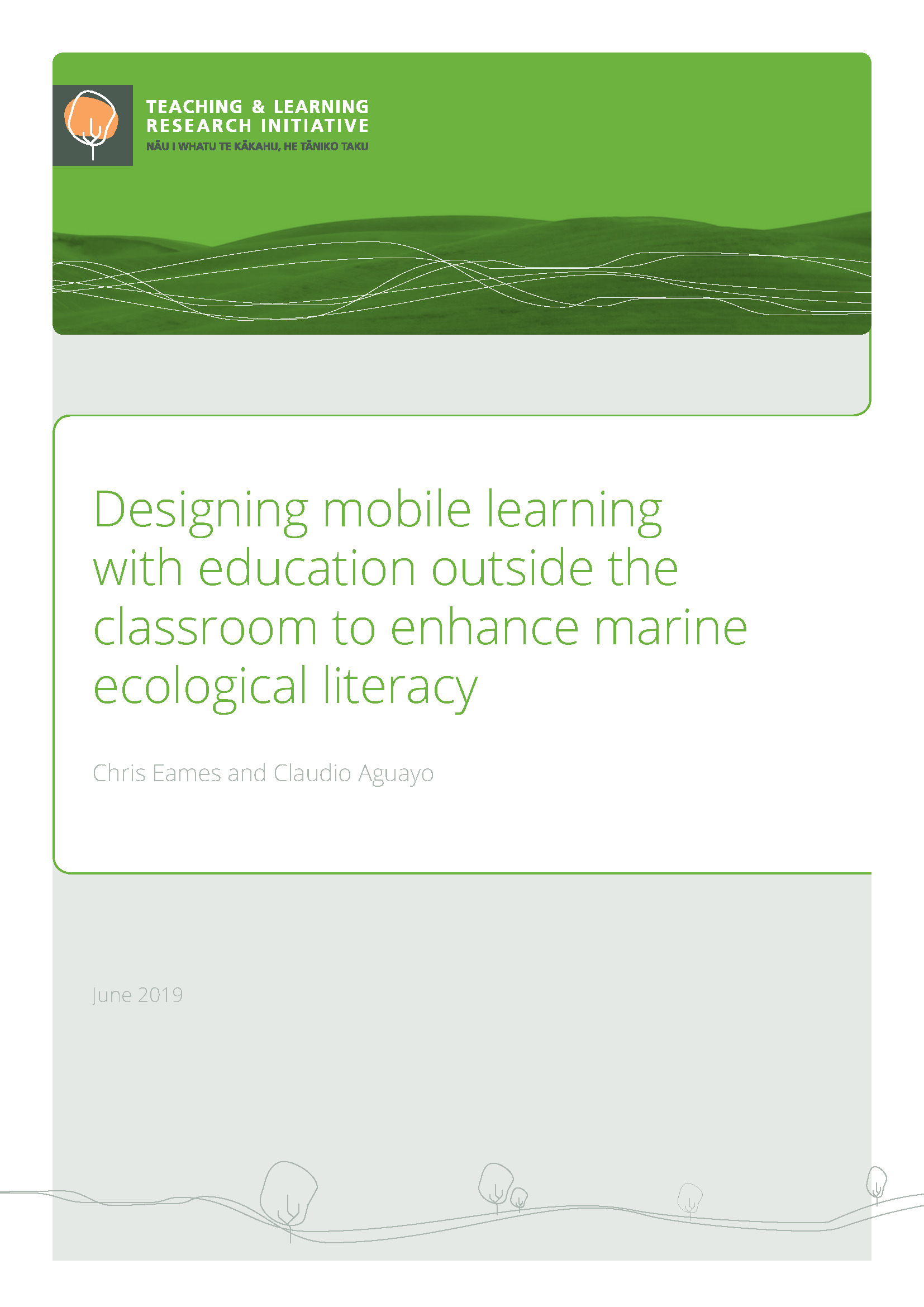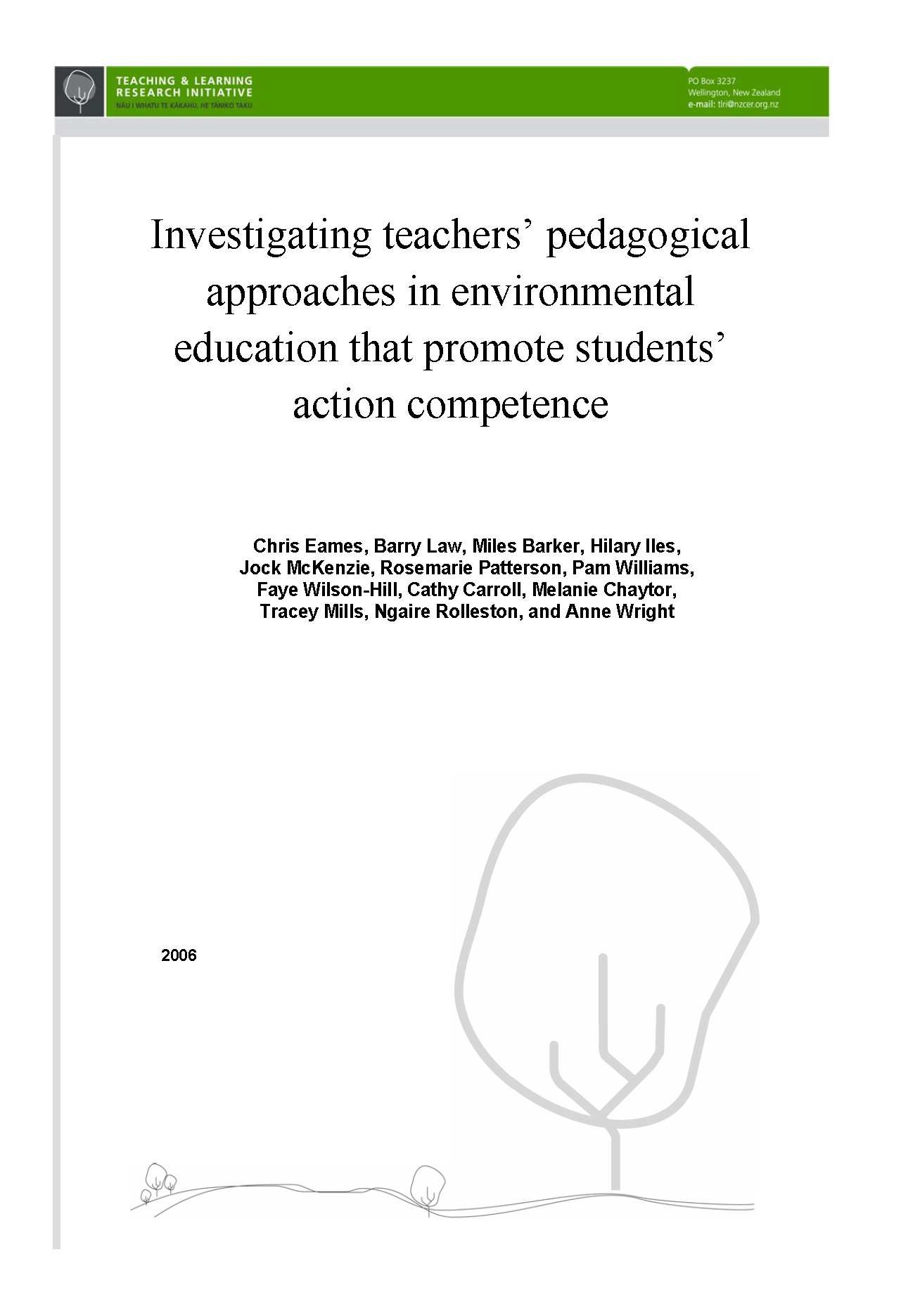
Designing mobile learning with education outside the classroom to enhance marine ecological literacy
1. Introduction The aim of this study was to explore how purposeful educational design using mobile learning might enable integration of classroom and outside of classroom teaching and learning. The context for the study was marine conservation with a goal to enhance the ecological literacy (ecoliteracy) of primary school students and their parents, and by extension to promote sustainable communities. There is growing evidence that Information and Communication Technology (ICT) has the potential to enhance learning, increase knowledge, and promote transformative changes in the attitudes and behaviour of both individuals and the broader community (Aguayo, 2014; Becta, 2009; Somekh, 2007). Within ICT, today’s mobile learning technologies (e.g., smartphones, tablets) have multiple


